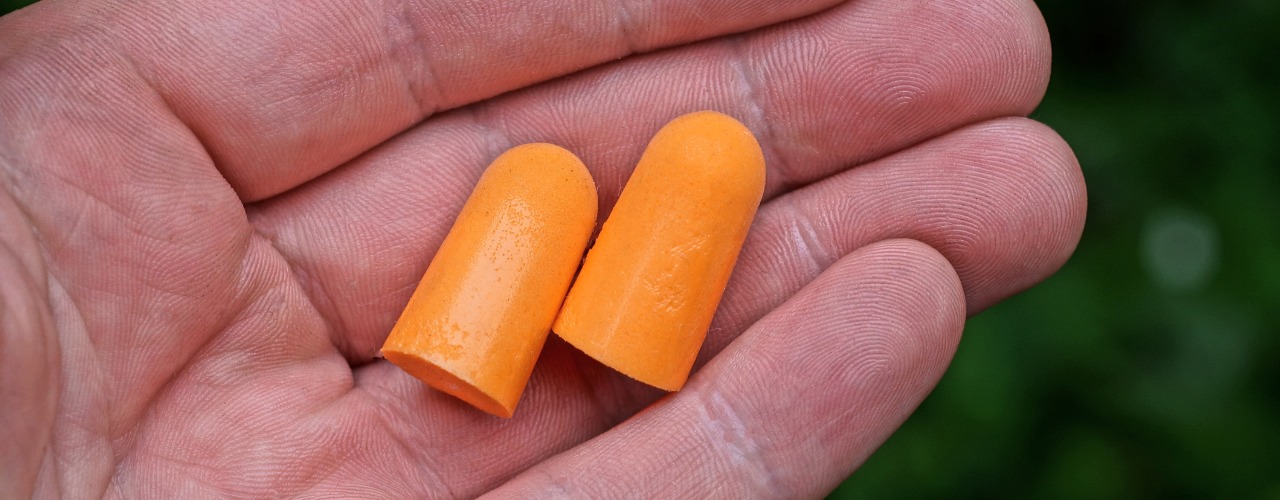Things to know about swimmers’ ear
Otitis externa is an infection of the outer ear or ear canal - also known as ‘swimmer’s ear.’ It tends not to be a serious condition - unless it spreads to another area, such as the skull - but it can be uncomfortable and painful, making it difficult to hear. You don’t necessarily have to be a swimmer to be affected by swimmer’s ear, as it can occur in any situation where water becomes trapped in the ear. This is what you need to know about having swimmer’s ear.
- Bacteria causes swimmer’s ear. When water becomes trapped in the ear it’s the perfect environment in which bacteria can grow - it’s this that causes the ear infection.
- Ear wax provides essential protection. If your ears are full of water then this can remove the protection that ear wax provides when it acts as a barrier to stop dust and other things from getting into your ears. When you’re dealing with ear wax it’s essential that you don’t use tools, such as cotton buds, that simply push ear wax down into the ear. Clean ears are not meant to be wax free so, unless you have an excess, leave the wax where it is.
- If you suffer from swimmer’s ear then protect your ears. That means using ear plugs, a swimming cap or a wetsuit hood to help avoid water from entering the ears in the first place. If you do end up with water in your ears then try to get it out by tilting your head or gently using a hairdryer on a very low setting.
- Get treatment for swimmer’s ear to stop the infection spreading. An ENT specialist will be able to ensure that the problems you’re having aren’t related to something more serious. They can drain pus from the ear and remove anything that is blocking your ears so that antibiotic drops can get to the right place, quickly.
- Antibiotics are often the key. Although some ear infections may clear up without any medical treatment, swimmer’s ear often requires antibiotic drops to stop the infection from spreading. If the infection does spread to the outer ear then oral antibiotics may become necessary.
- Leave your ears alone. If you’re suffering from swimmer’s ear, try to avoid rubbing or scratching your ears. If you’re in pain then it can help to use a warm compress or towel over the ear alongside over the counter painkillers.
- Avoid water until you’re better. That means no showers, only baths for 7-10 days so that you can keep your ear as dry as possible. When you’re bathing, use cotton wool doused in petroleum jelly to help keep anything from getting into your ear.
- Wait 7 days. For most people, swimmer’s ear will clear up in a week and you should need no further treatment. If that doesn’t happen then you will need to go back and see your ENT specialist to make sure that there isn’t something else going on.
If you’re struggling with swimmer’s ear make an appointment as soon as possible. Take a look at our ear treatment options and get in touch to see how we can help you!













